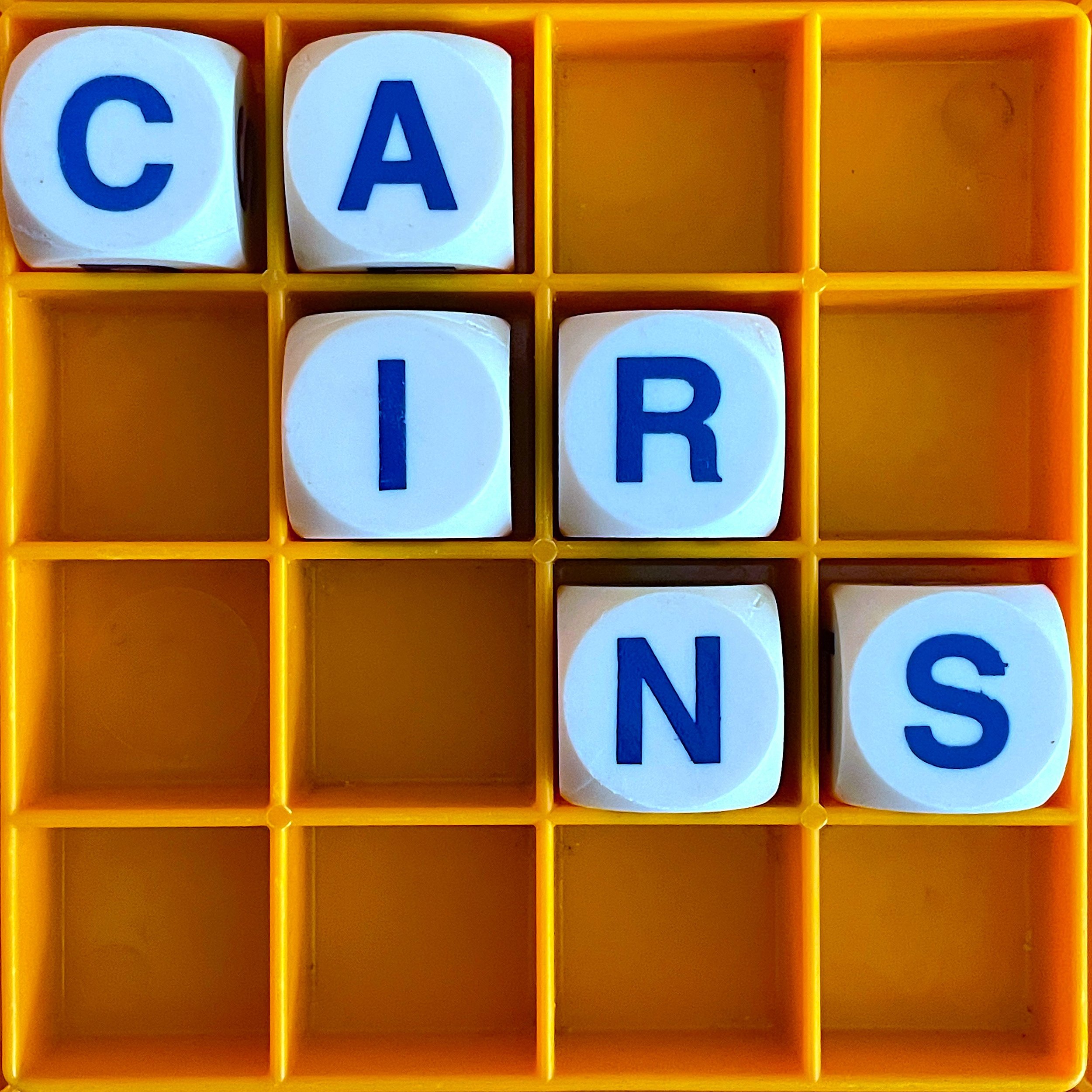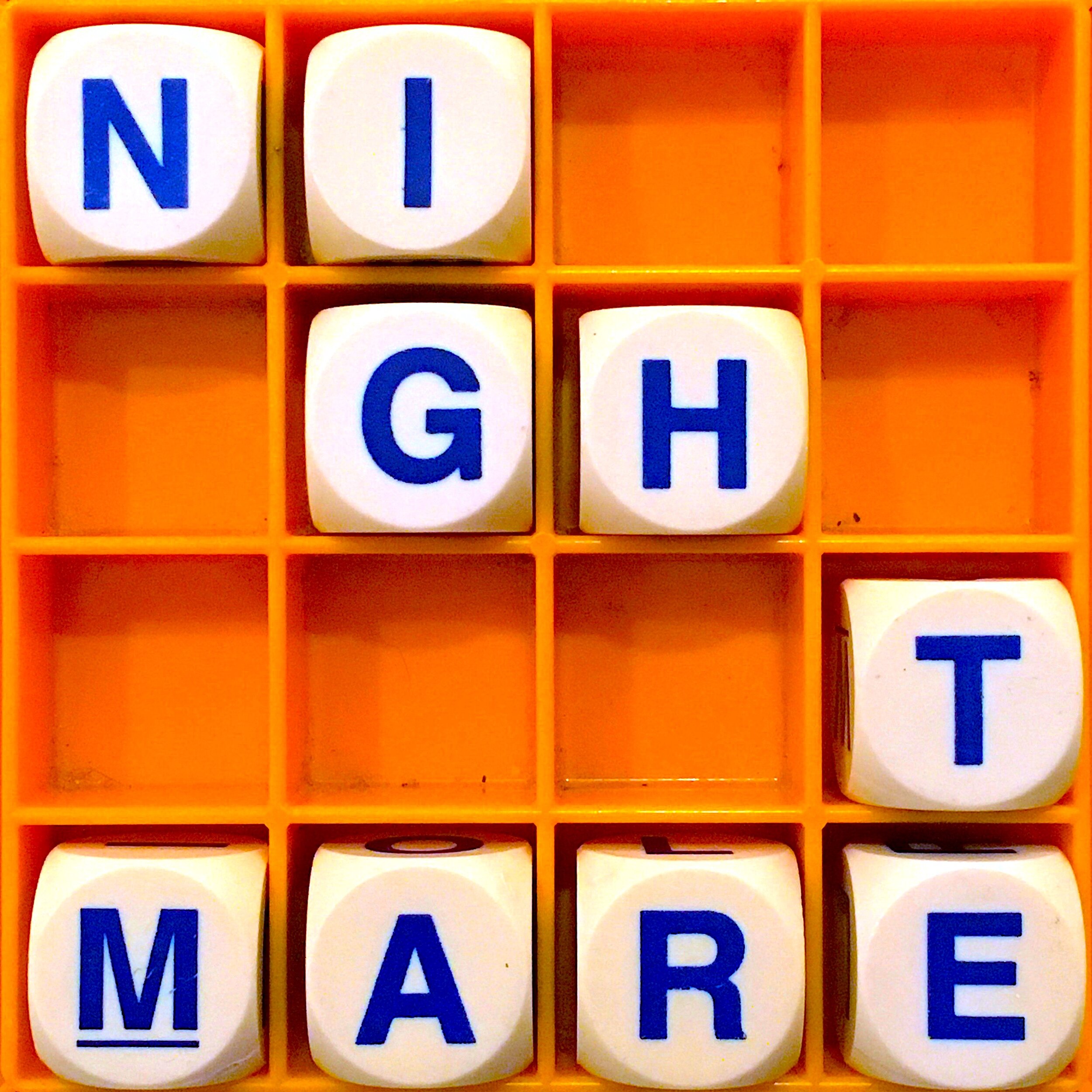LINDSAY ROSE RUSSELL: I don't think James Murray felt like he was alone in making the Oxford English Dictionary. I think he was keenly aware of himself as a part of a very large and many tentacled team. In a lecture he gave in 1900, he talked about every lexicographer as adding their stone to the cairn. You know, cairns like the little things when you go hiking that are piles of stones that tell you you're still on the right path. So I think Murray understood his own work as contributing to a larger lexicographical project where he was not a lone dictionary maker in the effort of dictionary making more grandly. But, I don't know; in history, I think it's easier to tell the story of a singular man. Because of course it's easier to tell the story of a singular man, as opposed to the story of thousands of people working on a single dictionary and doing all different kinds of things.
Read moreAllusionist 159 Bufflusionist transcript
HZ: ‘Vampyre’ with a Y was pretty interchangeable with ‘vampire’ with an I when it first landed in English. Actually, I think the first appearance in English was with a Y. We probably got it from French or German, but it was based on - it’s a little unclear, but it was based on Hungarian, possibly, or Slavic languages. And it was because, at the time, they were doing a lot of coverage of the Serbian vampire epidemic of 1725 to 1732.
JENNY OWEN YOUNGS: Oh, of course.
HZ: Apparently there were a lot of Eastern European vampire epidemics.
KRISTIN RUSSO: What is a vampire epidemic?
HZ: I assume an epidemic of vampires. Imagine Covid, but for vampirism. And no vaccine. No masking is going to save you.
Allusionist 124 Nightmare transcript
Around 700 years ago, the word ‘haunt’ first appeared in written English, at least 200 years before it took on the meaning of a ghost frequenting a place.
HZ: It just meant that way where someone haunts a bar, as in they go to it a lot, but they're not an actual ghost. But it also meant to have sex with. And I could not do enough Googling safely to find out why it had that sense, because it just came up with a lot of websites about people having sex with ghosts. So I cannot find the etymology of this middle English use of 'haunt' in the sexual sense.
PAUL BAE: You've just screwed up your Google ads logarithm by looking up succubus, haunting, "Why sex haunting?"
HZ: The things I do for this show.
PAUL BAE: Exactly.
Allusionist 100. The Hundredth - transcript
Today there’ll be a celebratory parade of language-related facts that you’ve learned from the Allusionist and I’ve learned from making the Allusionist, so some old facts, some new facts - well, the new facts aren’t recently invented facts, they are established facts, just making their Allusionist debut.
Read moreAllusionist 10: Election Lexicon - transcript
This episode comes out the day before the 2015 General Election in the UK, so please join me for a jaunt through the etymology of some of the words that are the linguistic flies buzzing around the carcase of democracy.
Read more




